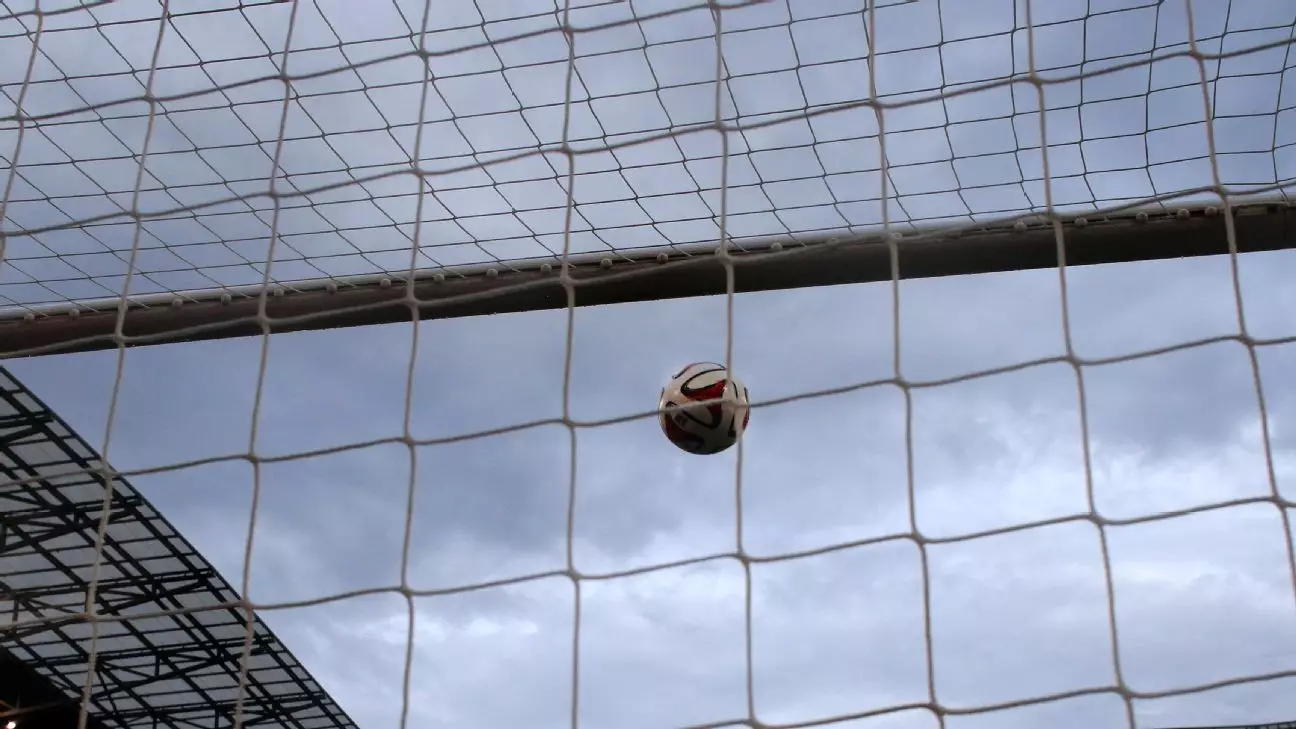The world of sports often serves as a reflection of society, and recent events involving the River Plate women’s team during a critical match in the Brazil Ladies Cup have brought racial issues back into the spotlight. The semifinal clash against Grêmio took a troubling turn when an alleged racial slur from River’s Candela Díaz was captured on live television. This incident not only halted the game but also escalated to a significant altercation that resulted in red cards being issued to six River players. The match, which was tied at 1-1 at the moment of the disruption, was awarded to Grêmio, ultimately leading to their victory in the tournament final shortly after. This event encapsulated broader concerns surrounding racism in sports, particularly within the context of South American football.
In the aftermath of the match, four players from River Plate—Candela Díaz, Camila Duarte, Juana Cángaro, and Milagros Díaz—faced arrest for their alleged involvement in the incident. After spending Christmas behind bars, the players were released under the condition of monthly court appearances in São Paulo until the case is resolved. This legal entanglement highlights the severe repercussions that can emerge from such conduct on the playing field. The case has drawn attention not only for the actions of the athletes involved but also for which the implications it carries for the clubs and the sport as a whole.
In response to the incident, the Brazil Ladies Cup organizers undertook decisive measures, including banning River Plate from participating for the next two years. This ban indicates a zero-tolerance stance on racism and aims to set a precedent for future competitions. The organizers’ announcement that any team engaged in similar misconduct would face immediate expulsion emphasizes a collective responsibility among teams to foster a respectful environment. Furthermore, Grêmio’s head coach revealed that their team had faced prior derogatory remarks from River players, exacerbating claims of systemic racial issues within the sport.
While the players involved have maintained silence on the matter, River Plate has publicly condemned the discriminatory actions, asserting that they are implementing disciplinary measures to address the situation. This incident has thrown a spotlight on the long-standing issue of racism within South American soccer, particularly concerning Argentine clubs. Historically, numerous clubs have faced sanctions for similar actions, signaling a need for a comprehensive approach to combat such behavior.
As the world watches how this case unfolds, there is an urgent need for effective dialogue, education, and policy reforms to tackle racism in sports. While the legal framework is essential, it is paramount to address the cultural and social factors that permit discriminatory practices to persist. Engaging in conversations about respect, diversity, and inclusion will not only benefit the sport but also contribute to a societal shift that embraces equality. Ultimately, events like this serve as a reminder that sports should unite and inspire, not divide and disgrace. The future of South American soccer—and indeed, all sports—depends on the commitment to eradicate racism and promote a culture of fairness and inclusivity.


Leave a Reply